Rights organizations warn of deteriorating health condition of imprisoned Saudi dissident
Human rights organizations have warned of the deteriorating health condition of an imprisoned Saudi political dissident and demanded his immediate and unconditional release, as the Riyadh regime shows no restraint on its brutal crackdown against opposition figures.
The rights group Prisoners of Conscience, which is an independent non-governmental organization seeking to promote human rights in Saudi Arabia, stated in a post on its official Twitter page that Saudi authorities have tortured and violently beaten Dr. Saud Mukhtar al-Hashimi.
“Saudi officials have refused to provide the Saudi activist with medical services and medicines,” it added.
The rights group noted that Hashimi has been subjected to severe torture, and fears are growing that he might face a fate similar to that of former university professor Musa al-Qarni, who died last month after his health deteriorated while serving a 15-year prison sentence.
The Prisoners of Conscience called on international human rights organizations and advocates to pressure Saudi officials to release Hashimi, holding the authorities fully responsible for his life.
Separately, the human rights organization Together for Justice has expressed its deep concern about the deteriorating health condition of the Saudi political prisoner, stating that Hashimi is in a difficult situation due to medical negligence and deprivation of health care.
The organization, citing informed sources, said officials at Dhahban Prison in the southern Saudi port city of Jeddah have transferred Hashimi to a very cold solitary cell, without providing him with any blankets or winter clothes to further abuse him.
The sources added that the transfer took place after he was beaten, tortured and abused verbally.
Dr. Saud Mukhtar al-Hashimi, a professor of family medicine at the Faculty of Medicine at King Abdulaziz University in Jeddah, is among the most prominent political prisoners in Saudi Arabia.
He was arrested in February 2007 along with a number of intellectuals, scientists and academics for meeting to discuss how to establish democratic governance in the country.
Last September, a human rights organization expressed serious concern about the deliberate medical negligence against political dissidents being kept in detention centers across Saudi Arabia.
Sanad human rights organization, which defends political and civil rights in Saudi Arabia and monitors human rights violations and exposes them to public opinion as well as international organizations, said Saudi prison authorities deliberately deprive inmates of medical treatment as part of their policy of abusing and killing them silently.
While all governments are obliged under the international law to protect human beings against rights violations and ensure their freedom and dignity, the repressive policy of Saudi officials against jailed activists has significantly undermined such principles, Sanad noted.
Ever since bin Salman became Saudi Arabia’s de facto leader in 2017, the kingdom has ramped up arrests of activists, bloggers, intellectuals, and others perceived as political opponents, showing almost zero tolerance for dissent even in the face of international condemnations of the crackdown.
Muslim scholars have been executed and women’s rights campaigners have been put behind bars and tortured as freedoms of expression, association, and belief continue to be denied.
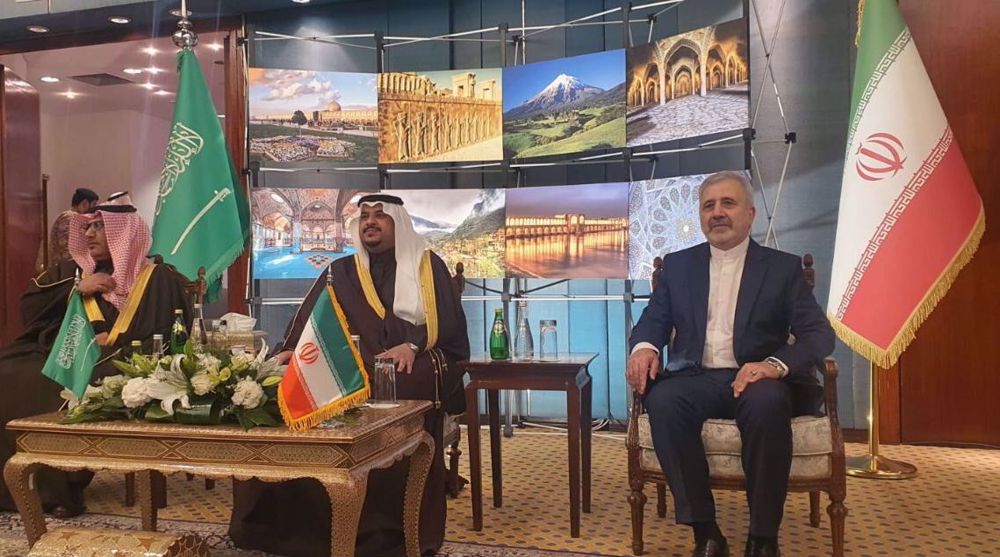
Tehran, Riyadh expanding, deepening mutual cooperation: Iran’s ambassador
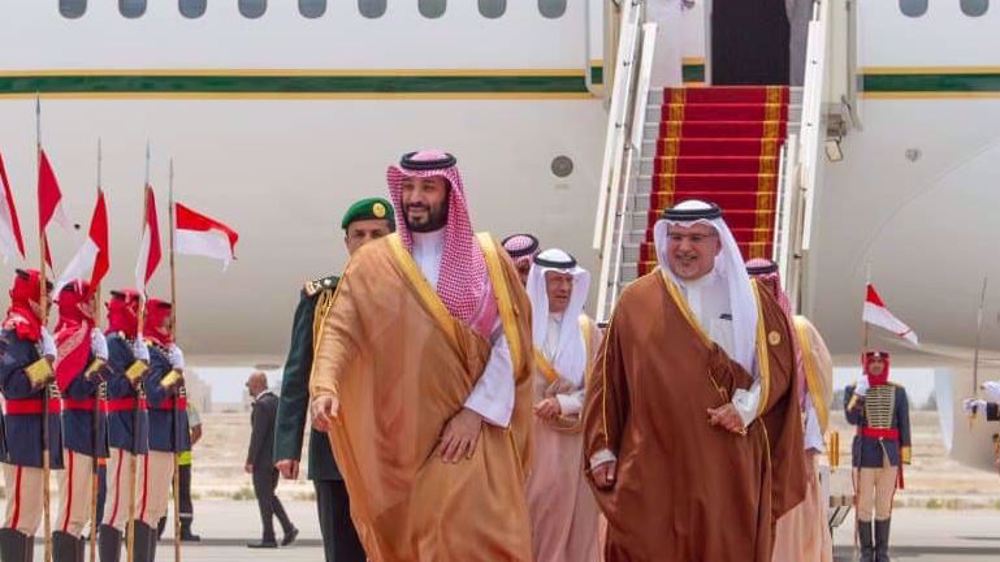
Arab League condemns Netanyahu’s proposal to create Palestinian state in Saudi Arabia
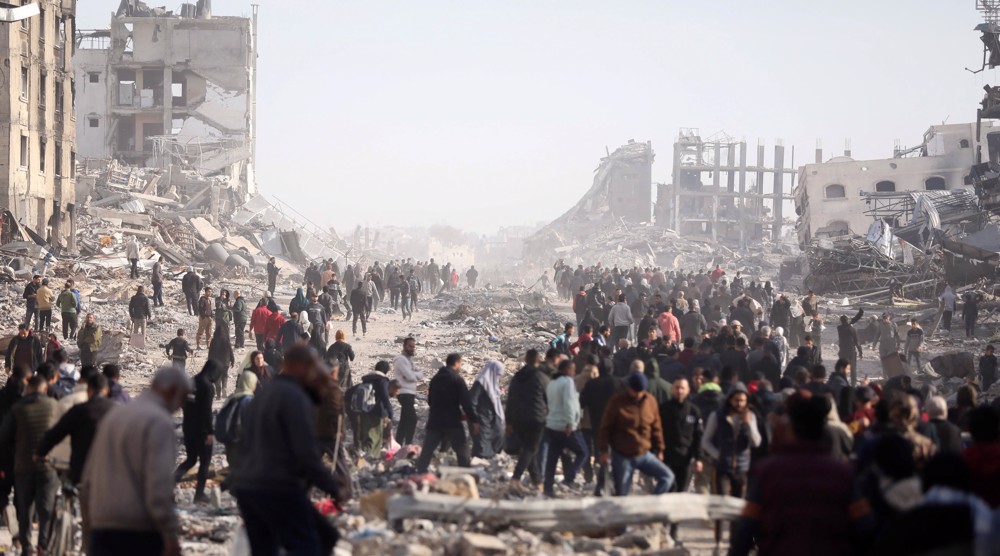
‘Extremist mindset’: Riyadh rejects Netanyahu’s remarks on displacing Palestinians
Australian senator smeared by anti-Iran groups for saying Iranian women 'have a voice'
Hezbollah's display of power proved resistance cannot be eliminated: Iran parl. speaker
Israel escalates West Bank raids as official says regime seeking to complete Gaza genocide
Palestinian man dies in Israeli prison as Foreign Ministry urges intl. probe into regime’s crimes
Putin says not opposed to Europeans’ involvement in Ukraine talks
VIDEO | Iranian Kurdish protesters demand European action against PKK, PJAK terror
VIDEO | Israel expands offensive in northern West Bank, deploys tanks to Jenin
VIDEO | Spaniards fill streets of Cádiz in solidarity with Palestine


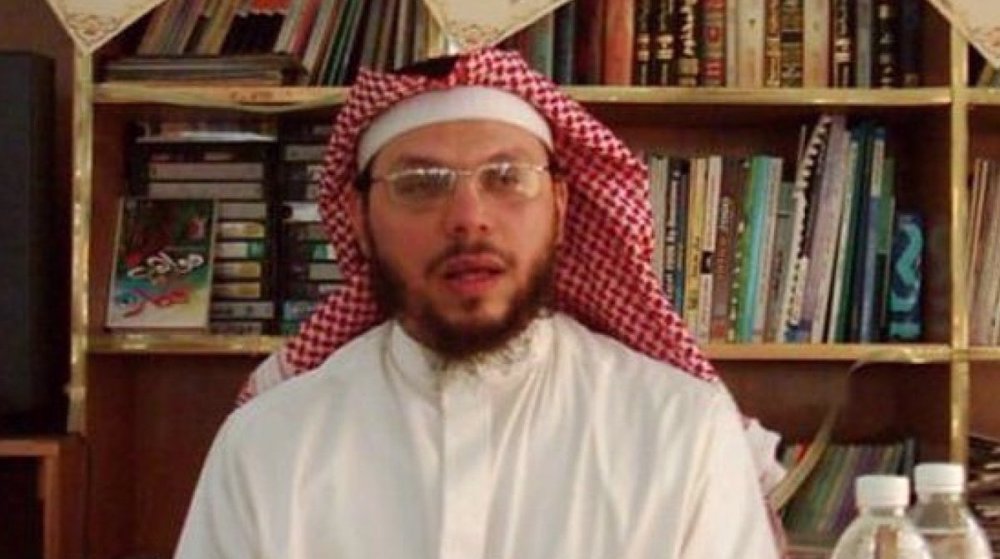
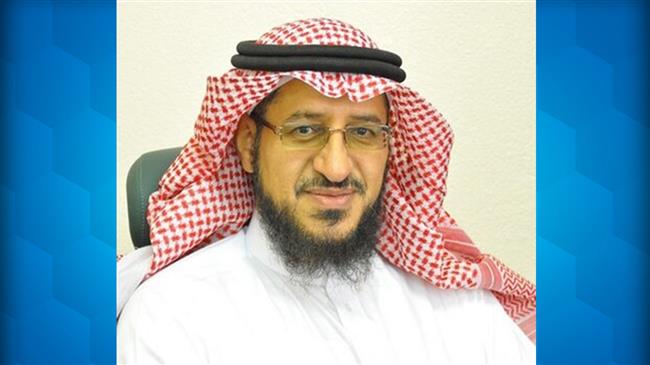
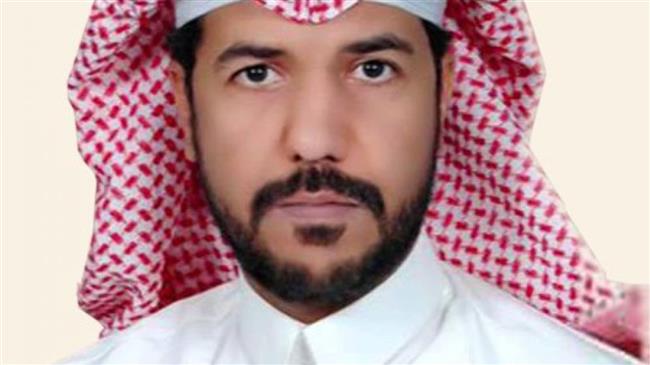



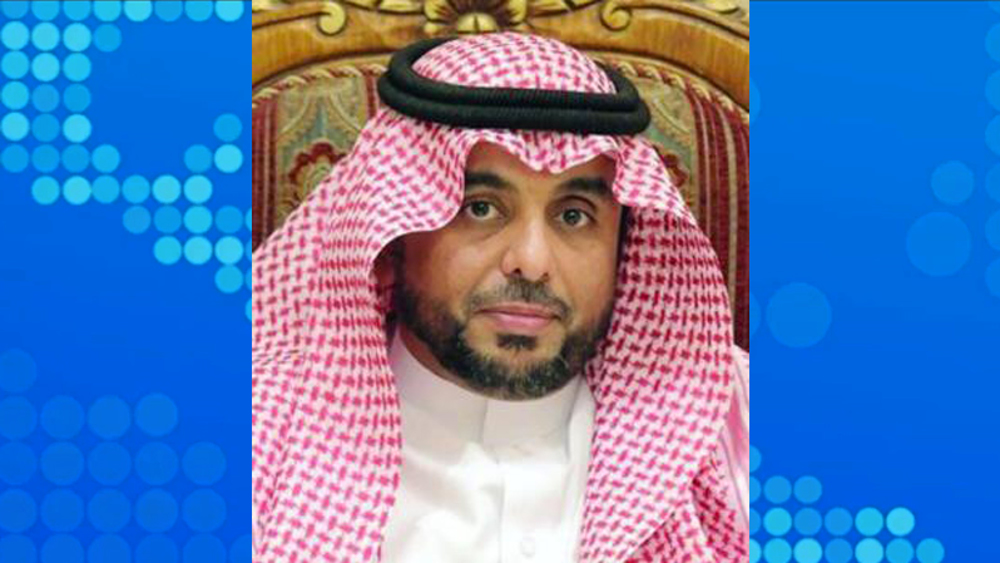
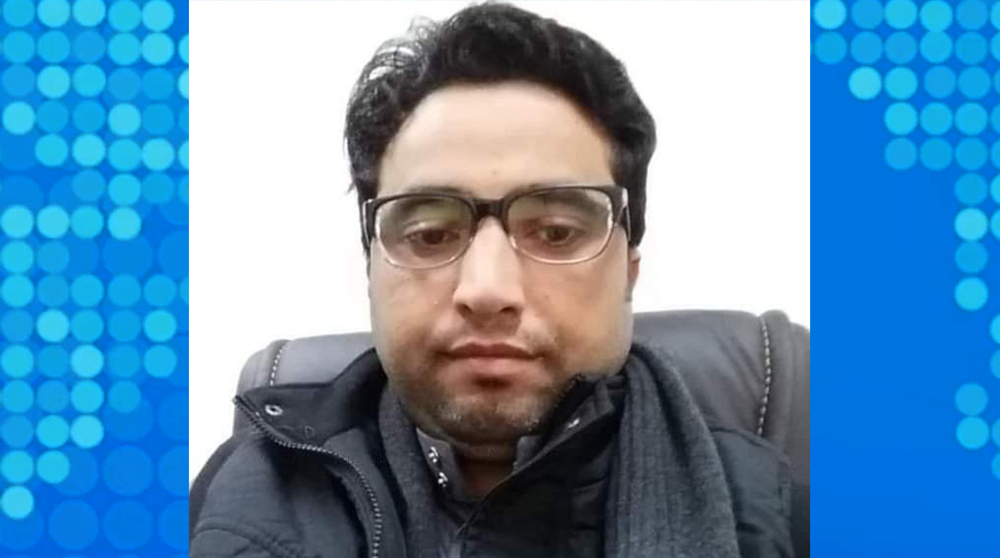
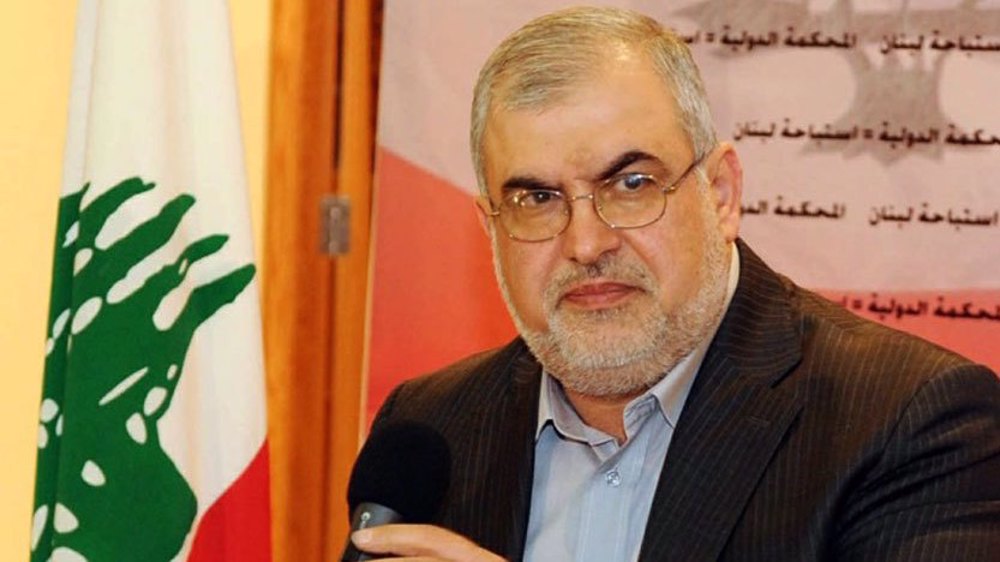
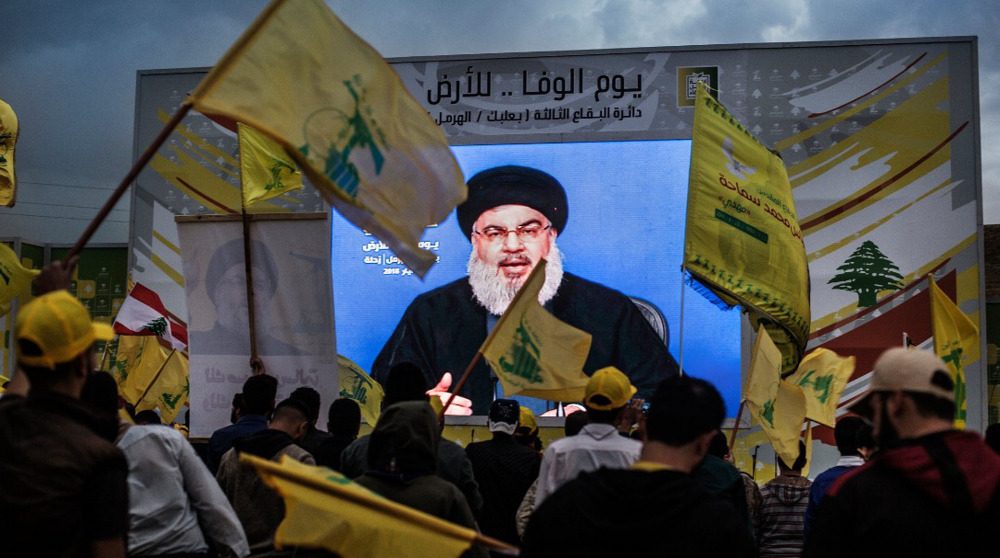
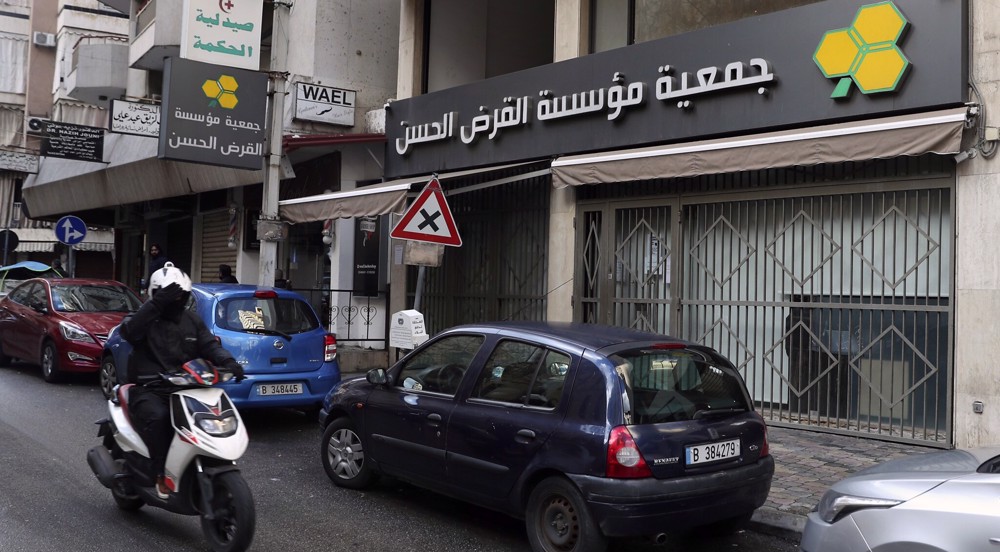
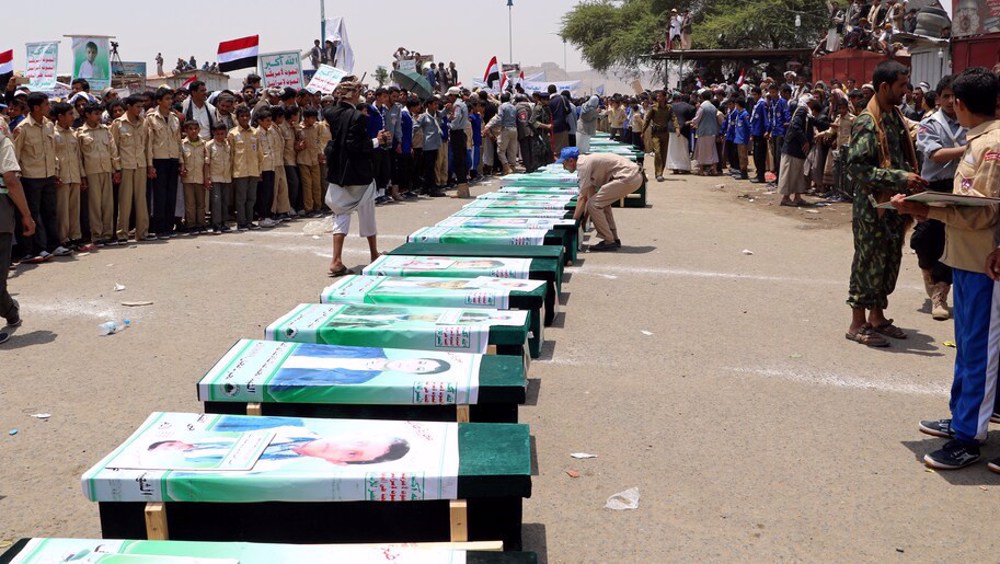
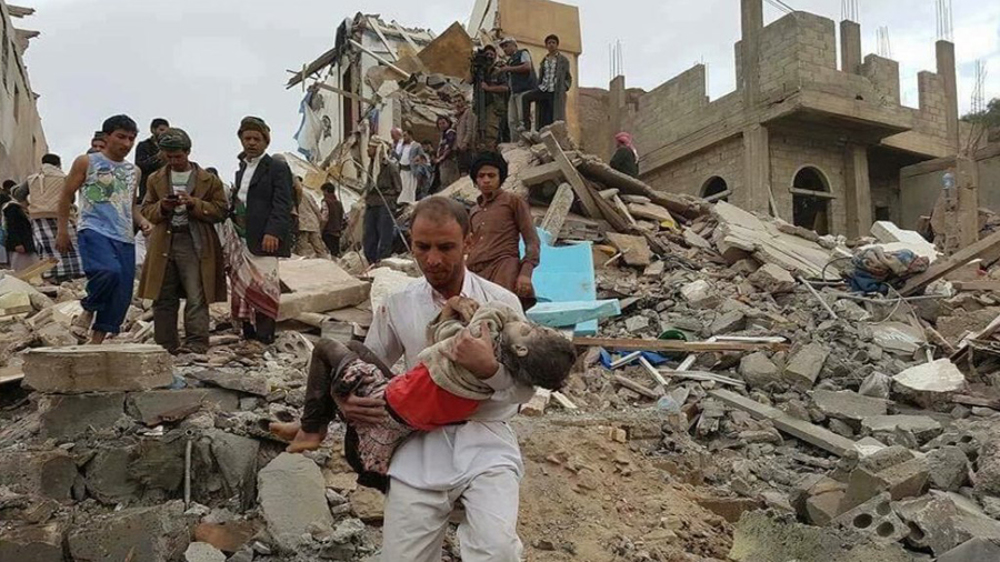
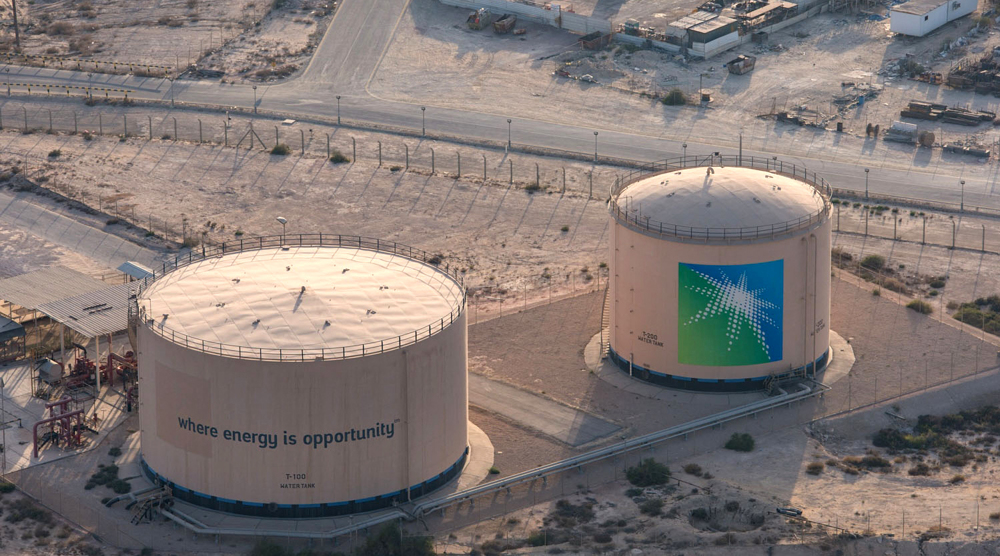
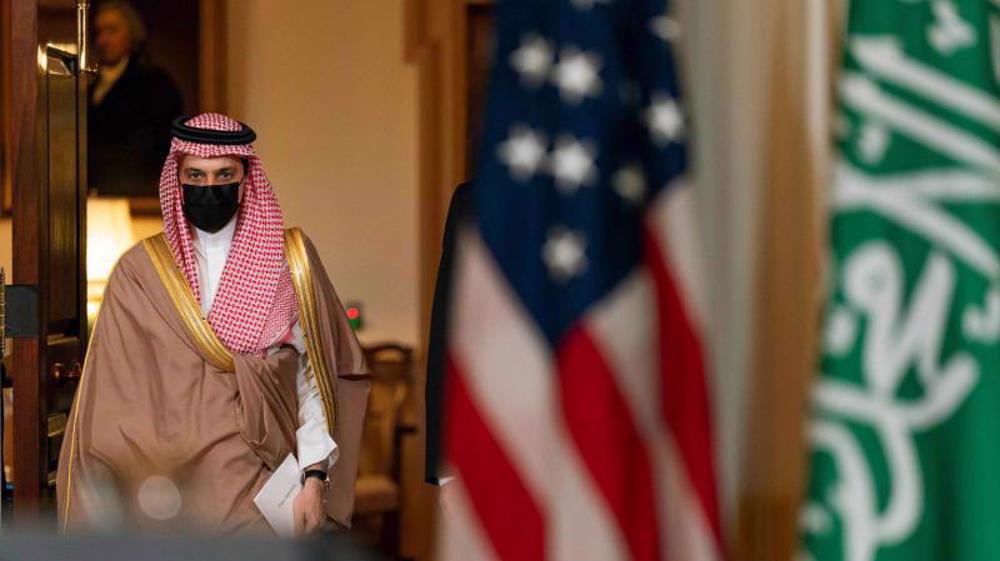

 This makes it easy to access the Press TV website
This makes it easy to access the Press TV website